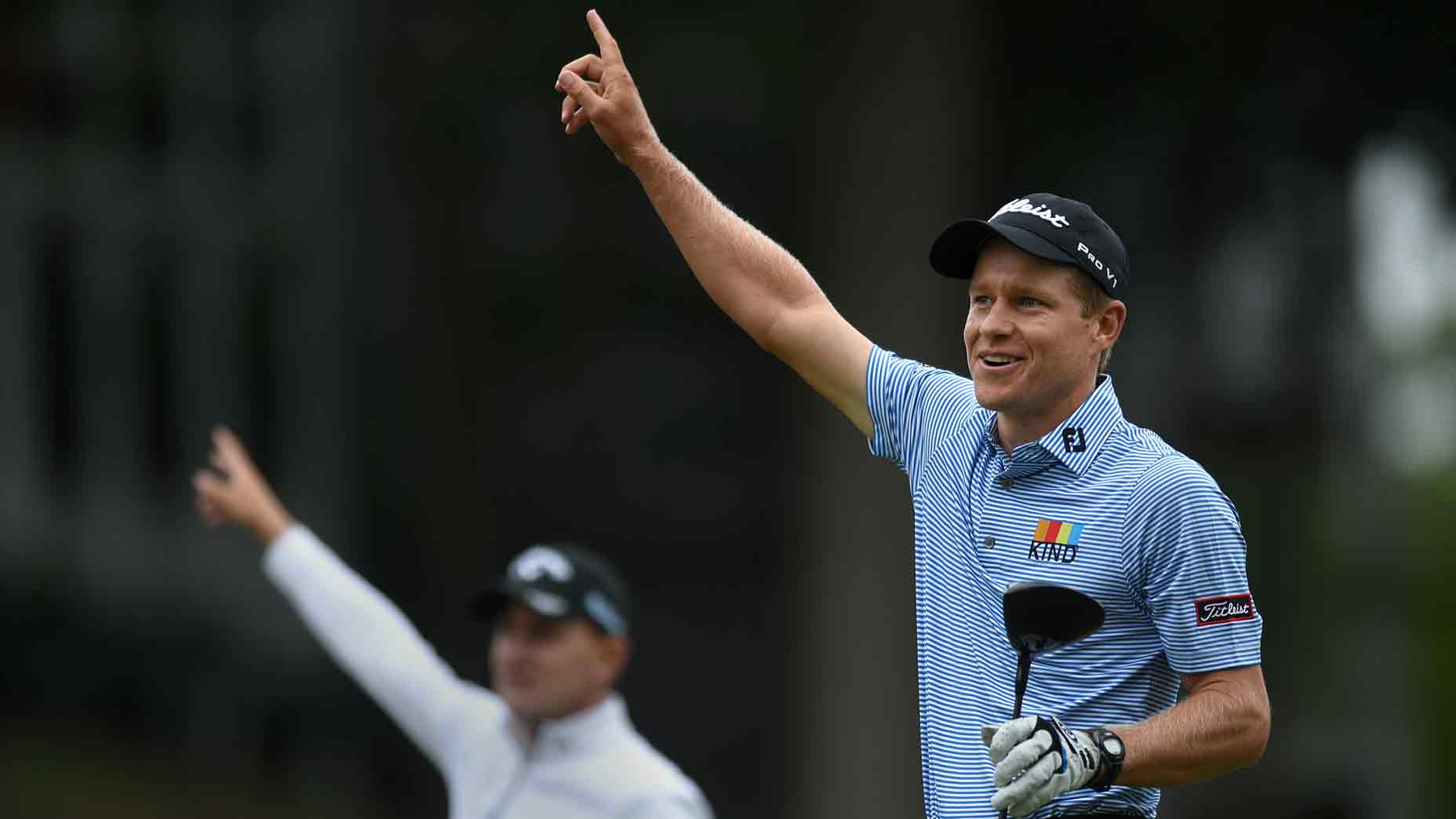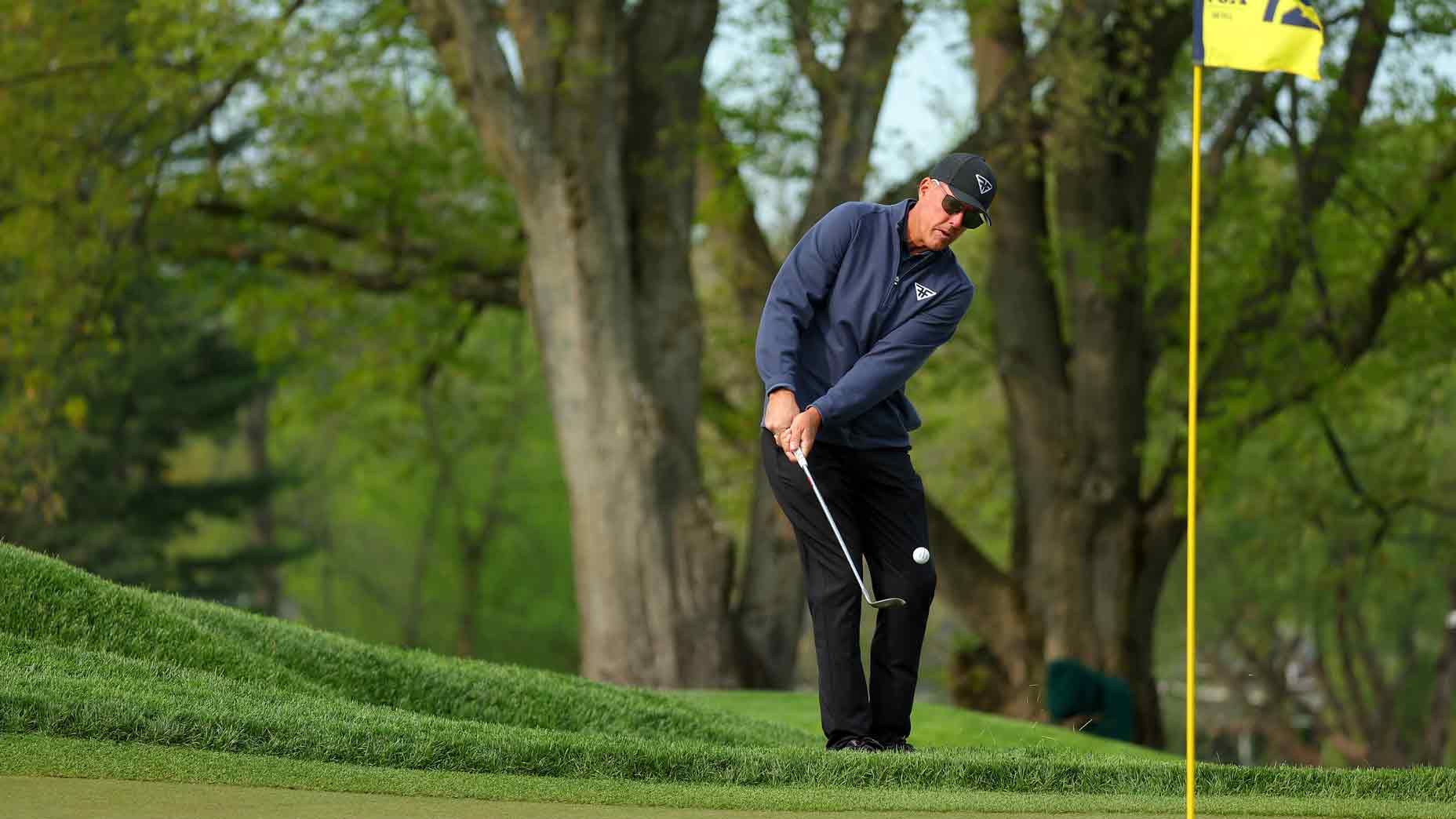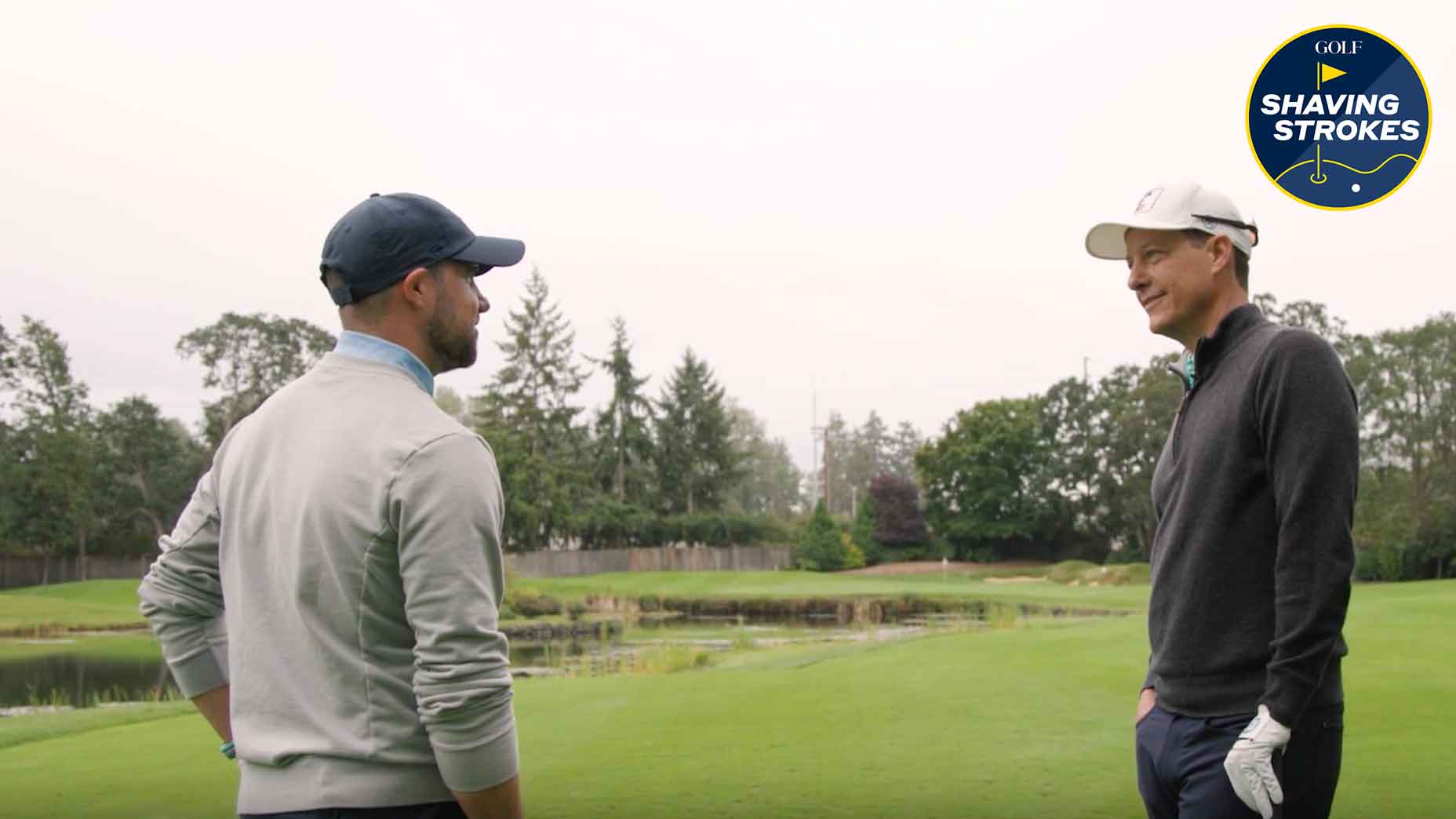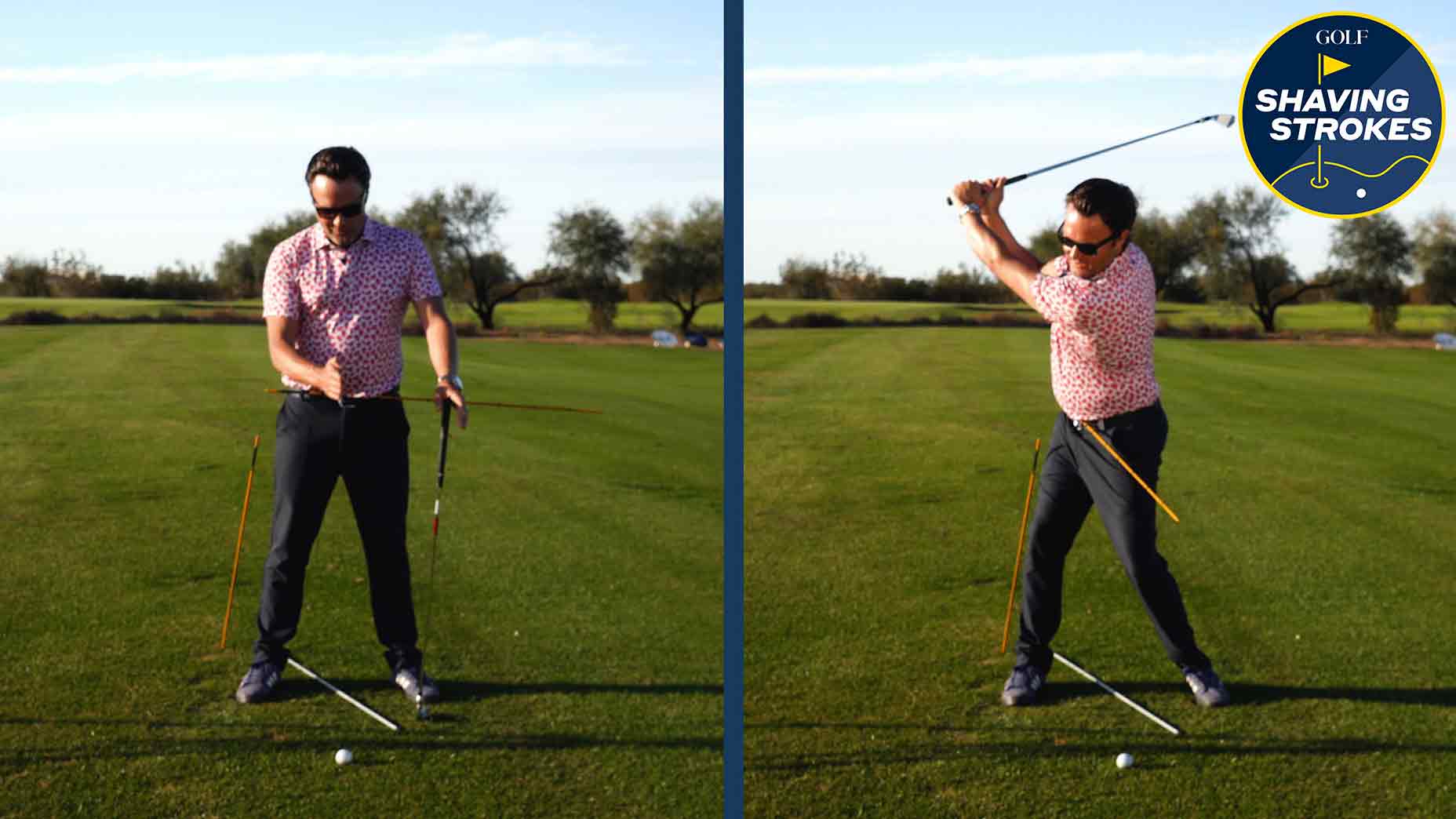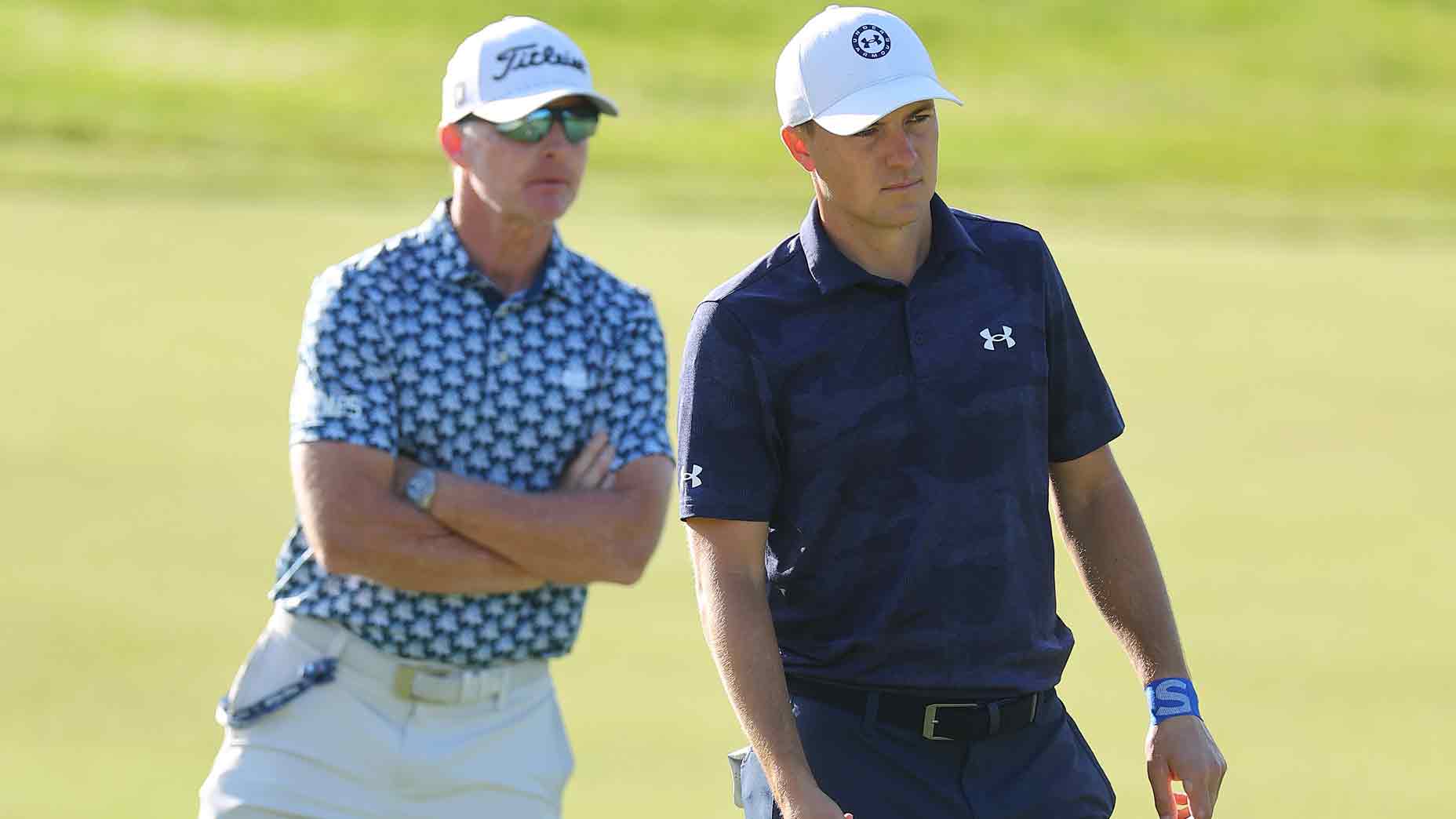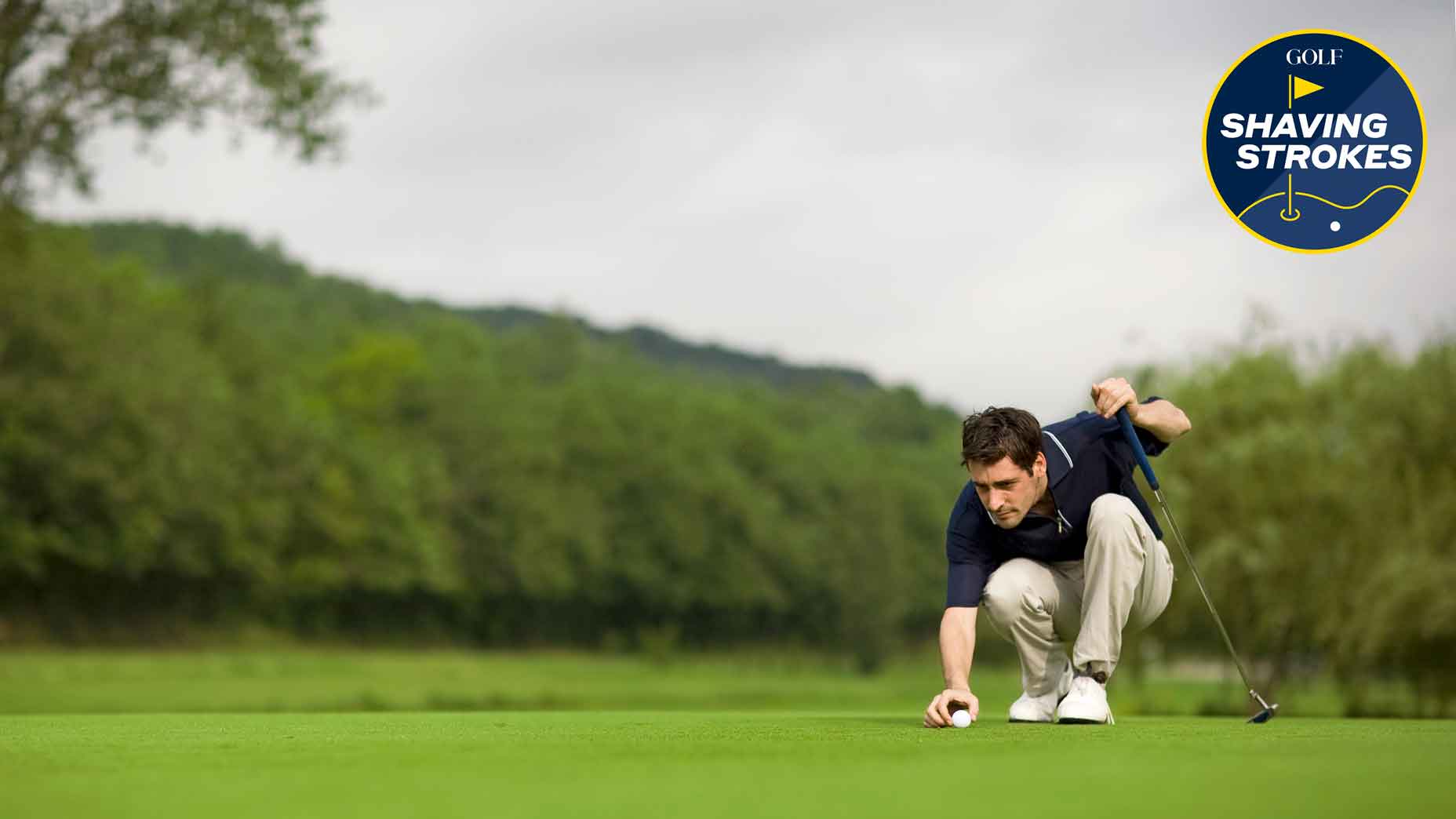10 basic tips to help you pitch the ball better than ever
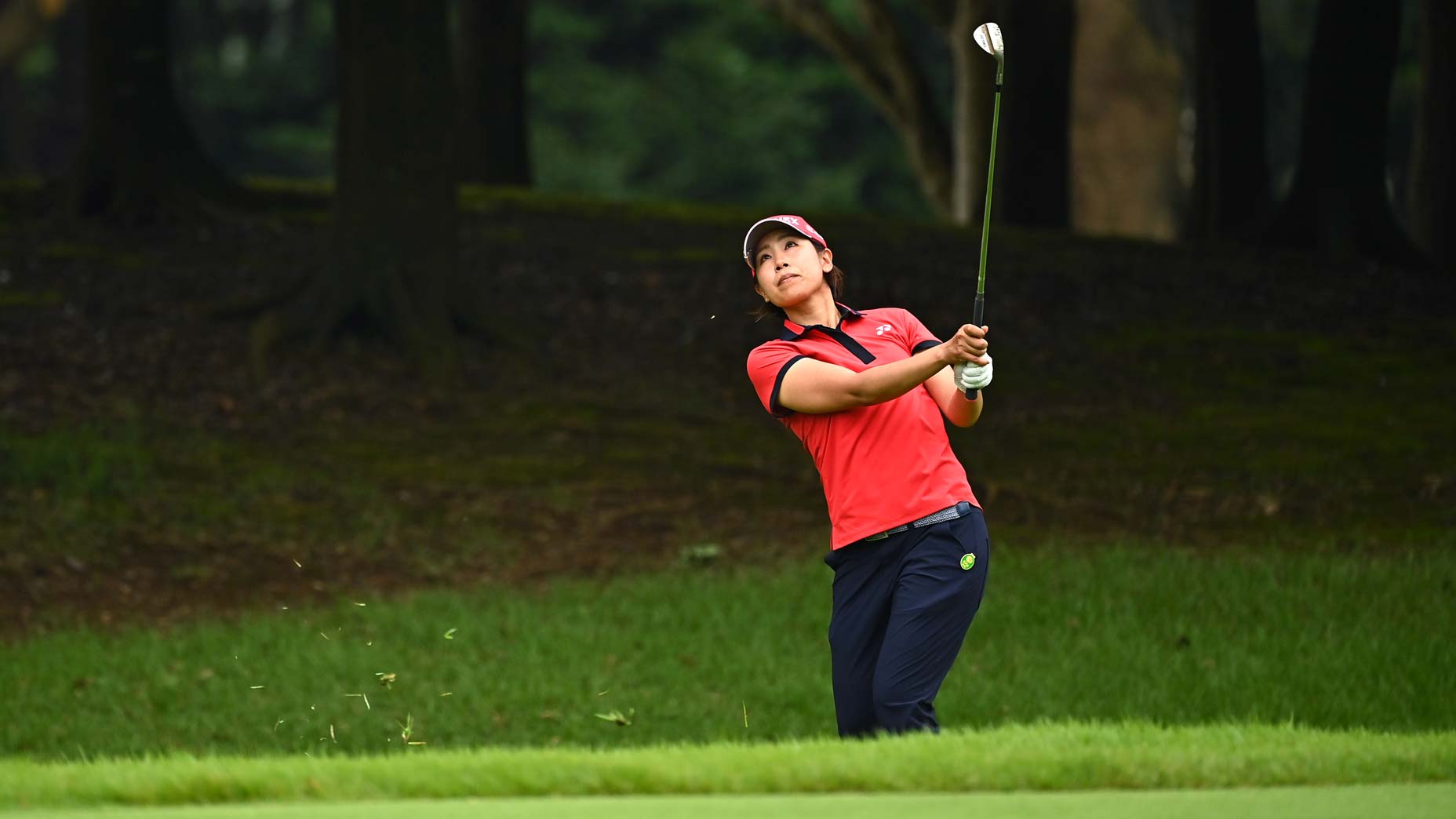
These tips will help you pitch the ball more consistently.
Getty Images
It’s amazing how simple and graceful Tour players make pitch shots look. Their swing is smooth and the ball launches high before rolling gently towards the pin.
The difference between a pitch and chip shot is that pitches carry a greater distance than it rolls. Since most of the energy of this shot is high and into the air, it often requires a swing of a larger size, which can lead to greater errors if not hit properly. Due to this fact, your technique needs to be rock solid. Here are some key factors to help you to hit beautiful pitch shots that soar and stop.
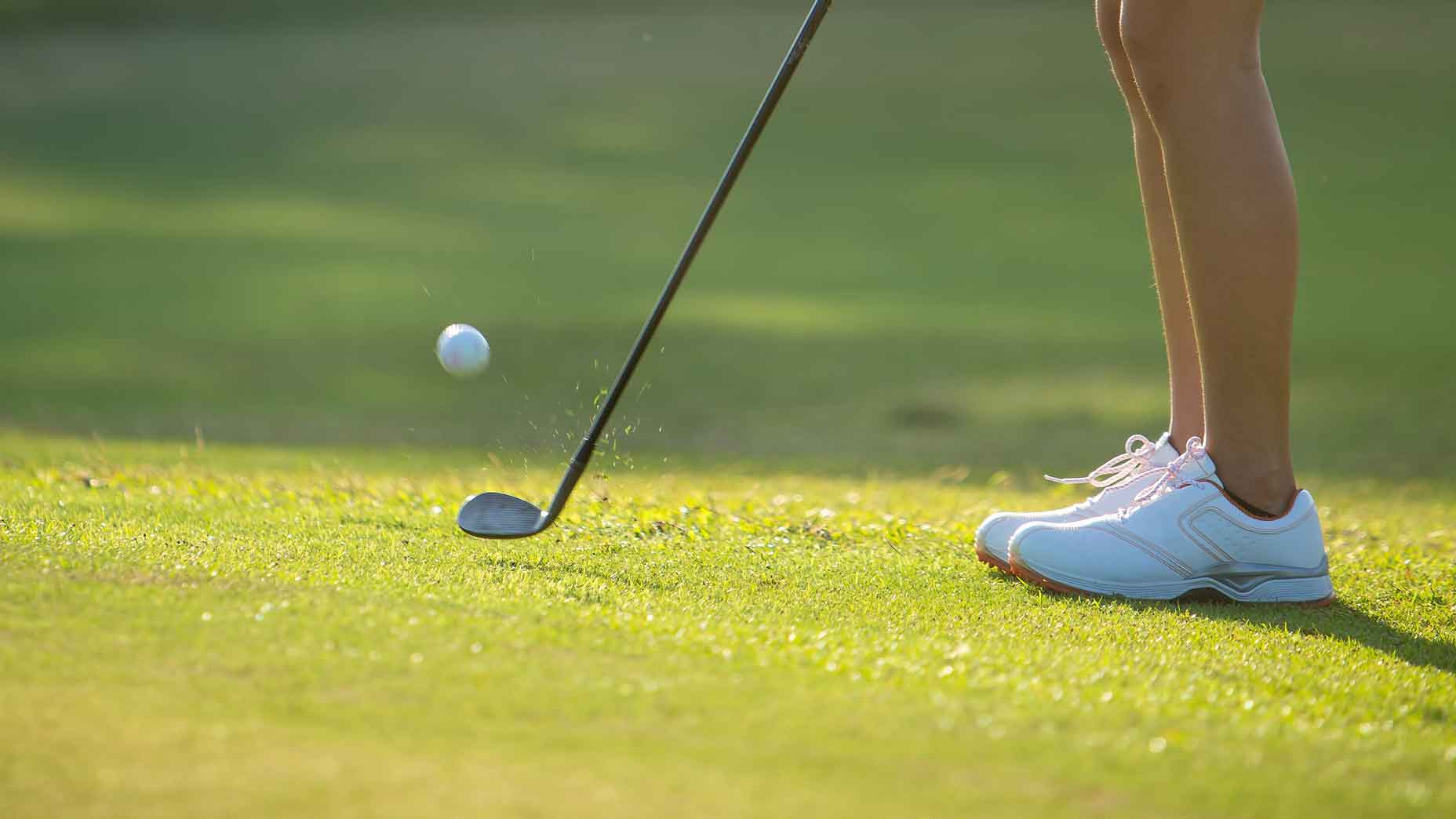
1. Check the bounce on your wedges
When you’re selecting a club for a pitch shot, you want to select one with a high amount of loft and bounce. Bounce is, in a nutshell, a rounded bottom of your club which prevents the club from digging. Think of it like a flat side of the stone as it skips across water.
Different bounces are good for different conditions: If you play on hardpan, you may need a wedge that’ll help you dig. If you play on softer surfaces, more bounce will help. Finding the right equipment is the first step to a better wedge game.
2. Posture matters
It always surprises me when my student has perfect full swing posture, only to default to a sloppy, squatty posture on their shorter shorts. When this happens, you’ll struggle to make consistent contact.
While your posture will be different for shorter shots, you still want to bow from your hips and have your hands directly below your shoulders. You should feel balanced at athletics, and while you will be slightly closer to the golf ball, those same fundamentals will help you hit the center of the clubface.
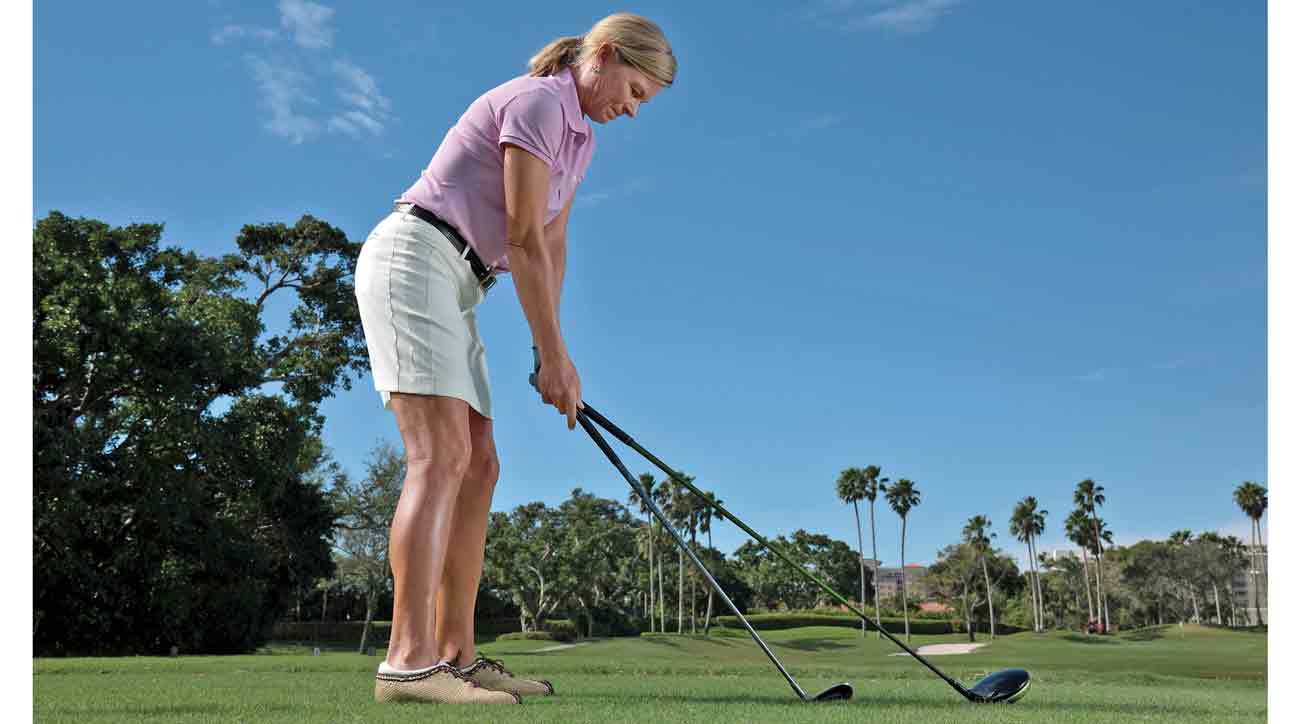
3. Center your setup
In order to use the bounce properly, you need to set up properly in order to engage your club’s technology. I want to see the markings on your grip centered, so it’s running perpendicular to the ground. The shaft should also be centered in the middle of your feet. If your club shaft is leaning too far forward, the club is more likely to dig into the ground.
4. Never lift the ball
It’s counterintuitive, but in order to get the ball up, you need to hit down. If you try to lift the ball into the air, you’ll most likely catch the ball thin. It’ll go too far and very low.
Hitting down on the ball starts with your practice swing: I like to hear a solid thump into the ground with your clubhead.
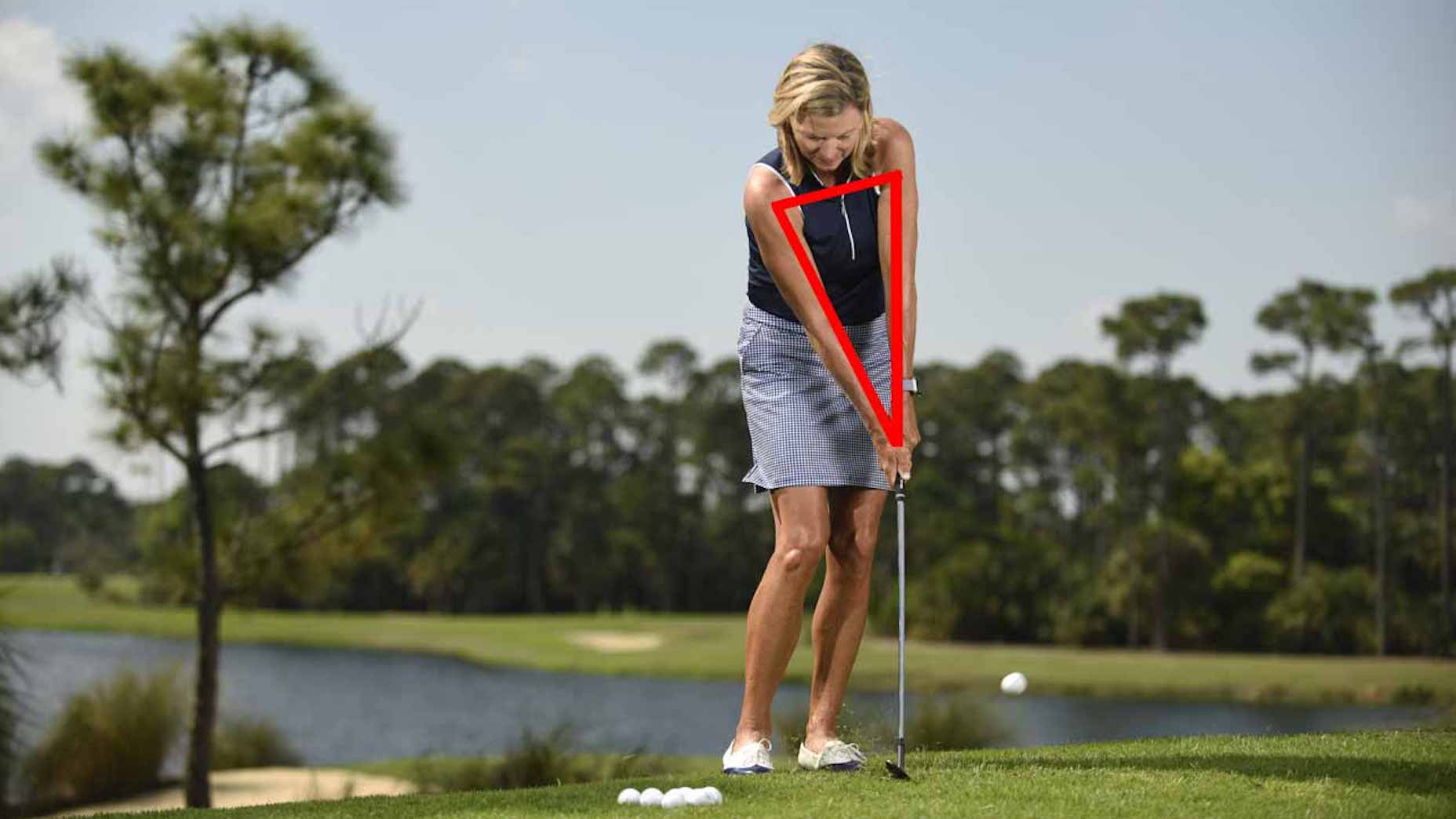
5. Swing size controls distance
Part of what makes pitching so tricky is that you can’t just make solid contact, you also have to control the distance to a specific degree.
The best way to adjust this is to alter the length of your backswing. For the shortest shots, your backswing should end below your belt line, and get progressively bigger for the longer shots.
6. Tweak your setup
One extremely helpful way of controlling your swing size is to alter your setup to help you do it. Narrowing your stance and the location you place your hands on the grip and chance the size of your swing.
For your shortest pitch shots, place your hands lower on the grip and narrow your stance so your feet are nearly touching.
The longer you want the ball to travel, the larger you should make your setup by widening your stance and gripping higher on the grip.
7. Swing should be relatively equal
Now that we know the size of your swing backswing controls distance, you may be wondering about your follow through. And while not all golfers make the same identical motion, I believe your backswing and follow through should be relatively equal on pitch shots to keep a good rhythm.
If your backswing is too long, it’s easy to decelerate. If it’s too short, it’ll lead to excessive acceleration. Both will cause poor contact.
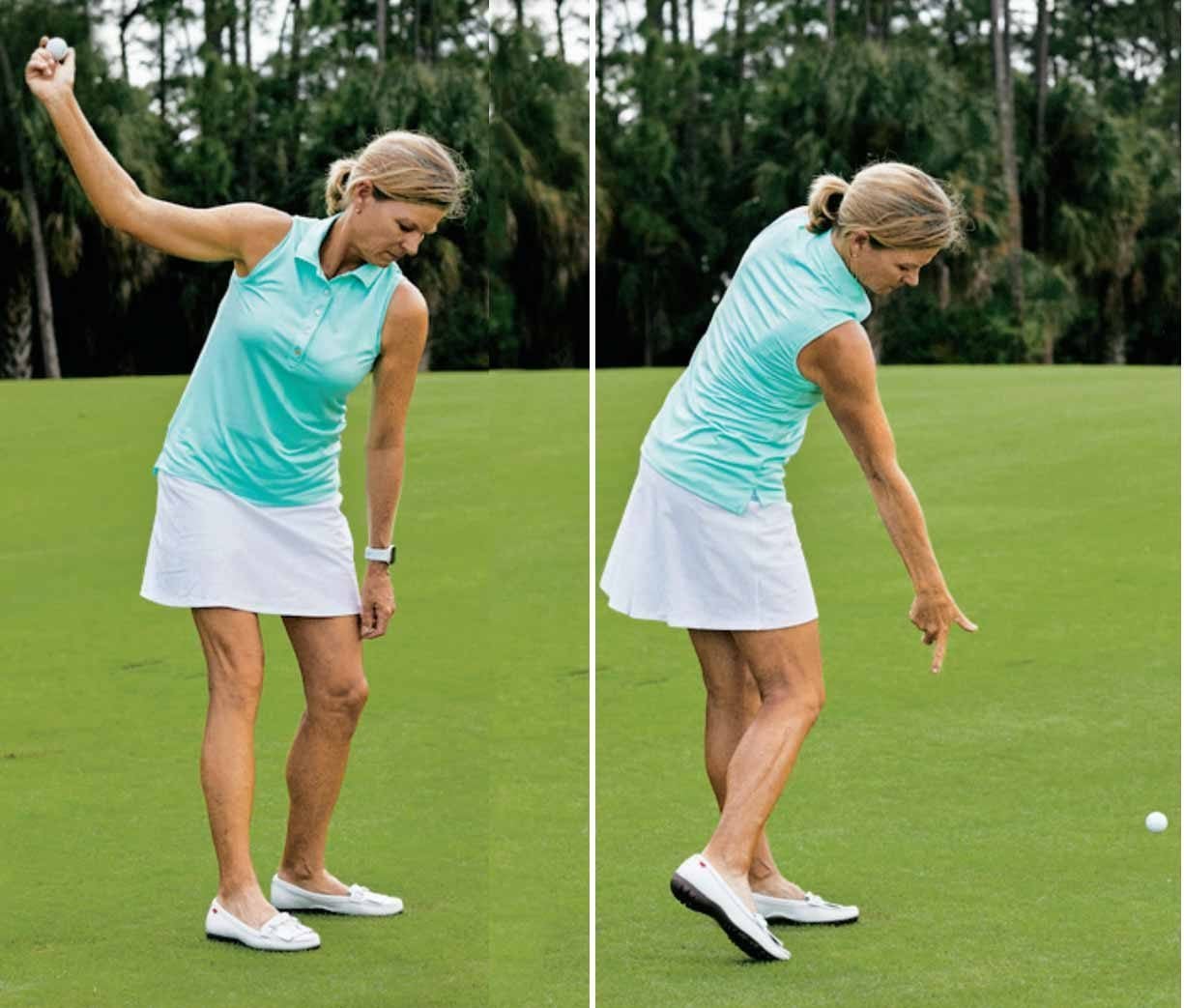
8. Throw the club to hit it higher
Picking a higher-lofted wedge is the easiest way to hit your pitch shots higher, but at times you’ll need to alter your technique.
If you do not have a lob wedge or just need to hit the ball a bit higher and softer, you can simply change your release pattern of your downswing by allowing the clubhead to pass the handle on your downswing. One drill I like to use is to hold a ball in my right hand, take my backswing, and throw the ball down into the ground.
This “throwing” of the clubhead will increase the loft and the bounce at impact producing a more lofted pitch shot that will stop more quickly once it lands.
9. Use your hands and wrists
Another way to hit the ball higher is to use your hands at wrists. When you are hitting a pitch shot, more wrist hinge will make your swing steeper, increase the spin and produce a higher launch. Generally, it’s best not to use your wrists if you don’t need to, because they can be difficult under pressure, but they’re there for when you need them.
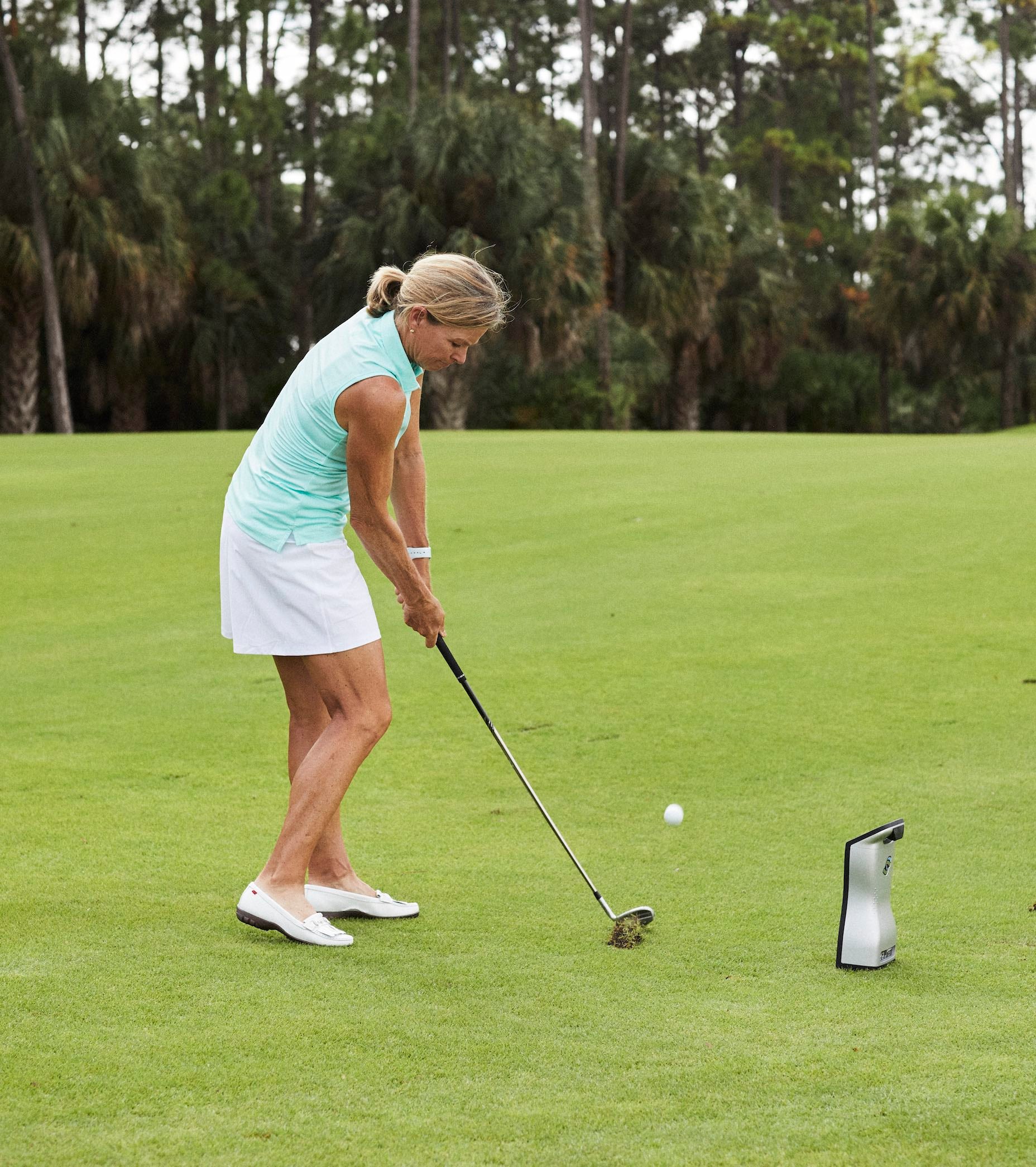
10. Calibrate your distances
Once you have reasonably good technique, it’s important to know reliably how far you carry each of your wedges.
With your three wedges, measure how far you hit your short, medium and long swings, and how you adjust your setup accordingly. It’s helpful and necessary to write it down. Take a small amount of time to calibrate your yardages, and it’ll make your short game so much better.



